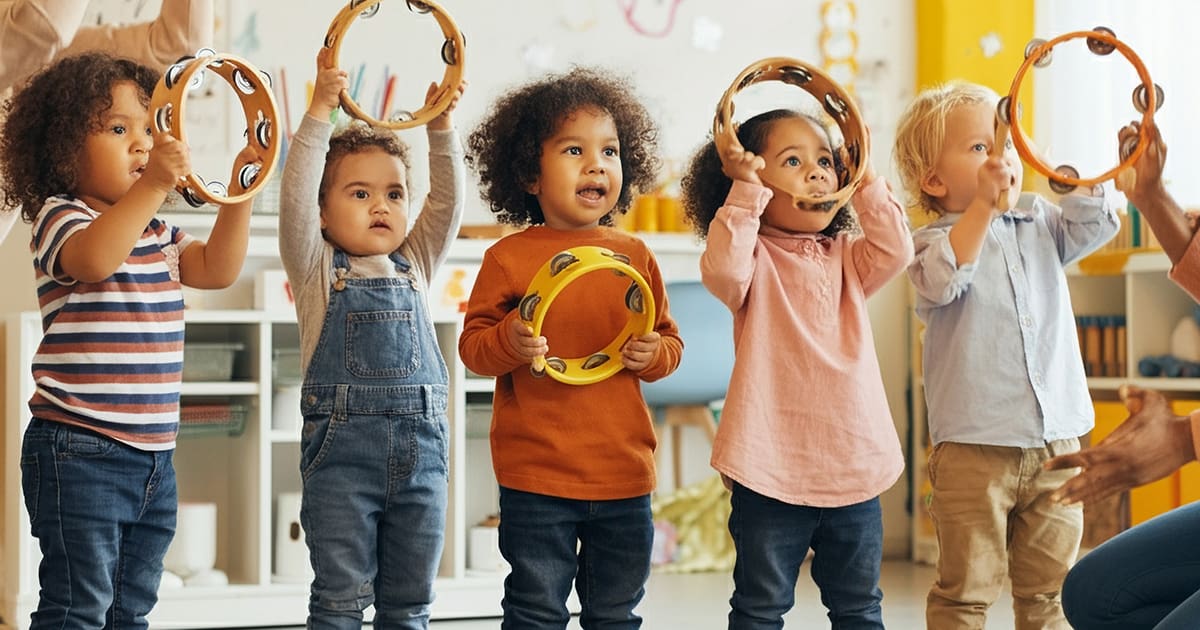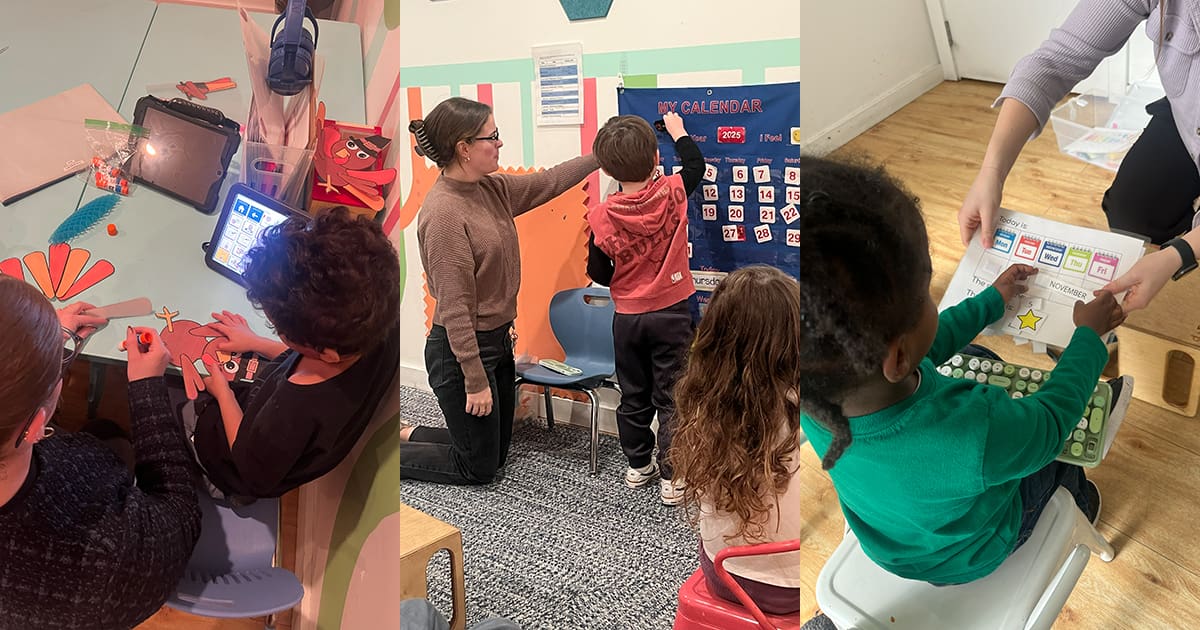Share this Post

You’ve circled the preschool registration date on your calendar. You’ve toured the classrooms with the colorful rugs and tiny chairs. You’ve imagined your little one sitting at circle time, making friends, learning their letters.
And then the questions start creeping in.
What if they’re not ready? What if they can’t sit still? What if they melt down when I leave? What if the teacher calls me every day?
If you’re feeling this knot of hope and worry in your chest, you’re not alone. And here’s what you need to know: preschool readiness isn’t about what your child knows—it’s about how they’re able to show up, connect, and learn.
What Preschool Readiness Really Means
Most parents think preschool readiness is about academics. Can they count to ten? Do they know their colors? Are they potty trained?
Those things matter, sure. But they’re not what determines whether your child will thrive.
True school readiness is about the foundation beneath the learning—the skills that allow your child to be available for friendship, instruction, exploration, and growth. It’s about whether they can regulate their body and emotions enough to participate. Whether they can communicate their needs so they can get help. Whether they can navigate the sensory and social world of a busy classroom without feeling overwhelmed or unsafe.
Here’s what actually matters:
1. Can they regulate their emotions and body?
Preschool is full of transitions. Stopping one activity to start another. Waiting for a turn. Sitting during story time. Moving from loud play to quiet rest.
Children who are ready for preschool don’t need to be perfect at this—but they do need to be building the ability to calm down with support, tolerate small frustrations, and shift between activities without complete dysregulation.
If your child melts down at every transition, struggles to calm even with your help, or seems to live in fight-or-flight mode, that’s not a character flaw. It’s a sign their nervous system needs more support learning how to regulate.
2. Can they communicate their needs?
Your child doesn’t need to speak in full sentences. But they do need some way—words, signs, gestures, pictures—to let adults know when they’re hungry, need the bathroom, want help, or feel scared.
When children can’t communicate, they show us through behavior. They bite. They run. They shut down. They scream. And in a classroom of 12 other kids, teachers often don’t have the time or training to decode what’s underneath.
Communication is the bridge between your child’s inner world and the support they need. If that bridge is shaky, preschool can feel lonely and frustrating—for everyone.
3. Can they connect with peers and adults?
Preschool is a social experience. Your child will be expected to share space, take turns, respond to their name, make eye contact (even briefly), and show interest in others.
They don’t need to be the most outgoing kid in the room. But they do need some capacity for back-and-forth interaction—even if it’s just handing a toy to another child, or looking up when the teacher calls their name.
If your child seems to exist in their own world, avoids other kids, or doesn’t respond to bids for connection, they may need help building the skills that make relationships feel safe and rewarding.
4. Can they tolerate the sensory environment?
Preschool is loud. It’s bright. It’s unpredictable. There are textures, smells, sounds, and movements everywhere.
Some children walk into that environment and feel energized. Others feel like their nervous system is under attack.
If your child covers their ears, refuses to touch certain materials, has meltdowns over clothing or food textures, or seems constantly overstimulated, they may be experiencing the world in a way that makes preschool feel overwhelming instead of fun.
When “Wait and See” Isn’t Enough
You might be hearing a lot of “they’ll grow out of it” or “all kids develop at their own pace.” And while that’s true, there’s a difference between giving your child time and leaving them without the support they need to grow.
The early years are when your child’s brain is the most flexible, the most ready to build new pathways for communication, regulation, and connection. Waiting too long can mean your child spends their preschool years struggling, getting labeled as “the difficult one,” or missing out on the joy and confidence that comes from feeling capable.
You’re not overreacting. You’re paying attention. And that matters.
How CST Academy Helps Build True School Readiness
At CST Academy, we work with families to build the foundational skills that make preschool—and life—feel possible.
We focus on communication, so your child has a voice. We work on sensory regulation, so their body can feel safe and organized in busy environments. We build social connection, so relationships become something your child wants to be part of, not something they avoid.
We meet your child exactly where they are, and we help them build the skills they need to show up as their best self.
Our approach is neurodiversity-affirming, which means we’re not trying to “fix” your child or make them fit a mold. We’re helping them develop the tools to communicate, regulate, and connect in ways that honor who they are.
And we walk alongside you, too—because you’re not just preparing your child for preschool. You’re learning how to support them as they grow.
The Bottom Line
Preschool readiness isn’t about perfection. It’s about whether your child has the foundational skills to engage, learn, and grow in a group setting.
If you’re feeling uncertain, that’s okay. Uncertainty means you’re paying attention.
And if your gut is telling you your child needs more support, trust that. Early intervention isn’t about admitting something is wrong—it’s about giving your child the gift of skills that will serve them for a lifetime.
You don’t have to figure this out alone. We’re here.
If you’d like to learn more about how CST Academy can help your child build confidence and skills for preschool, start here—we’d love to connect.
Discover Our Pediatric Therapy & Autism Care
ABA Therapy
Support for children with autism.
Autism Evaluation
Expert assessments to identify child needs.
Pediatric Therapy Services
Speech, Occupational, Feeding, and Physical Therapy.
Therapeutic Preschool
A classroom environment designed for early learners with unique needs.

Find the Best Care for Your Child




